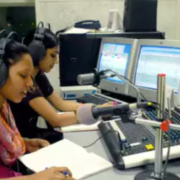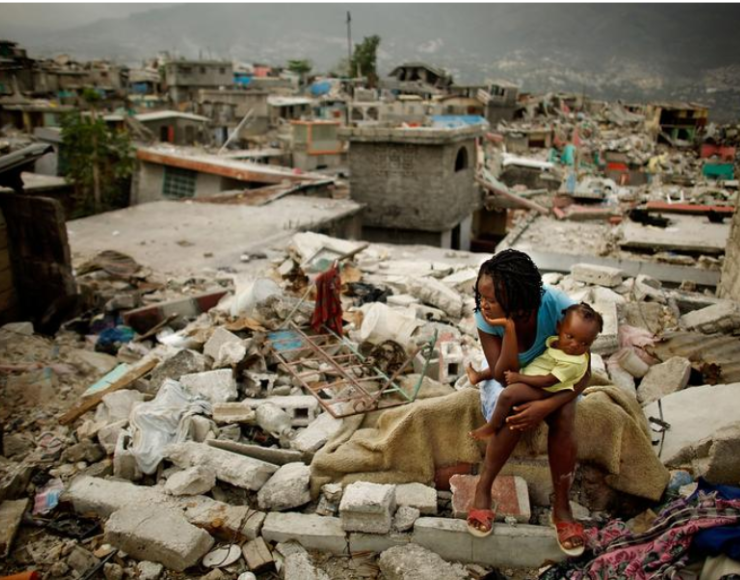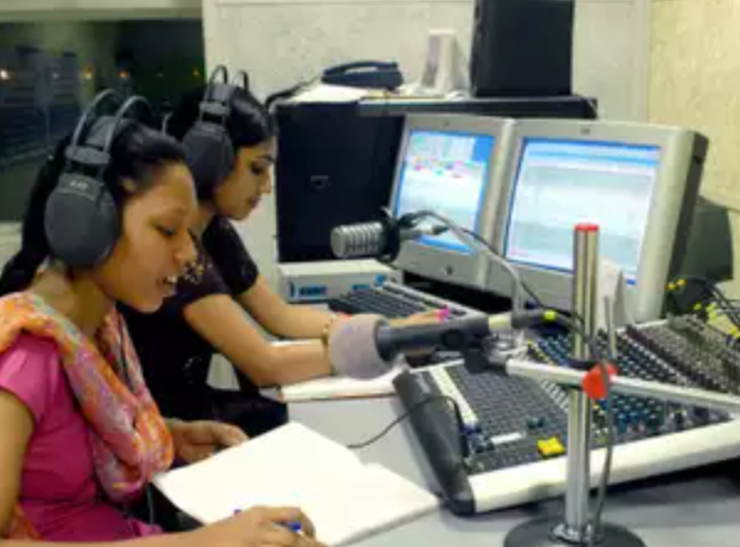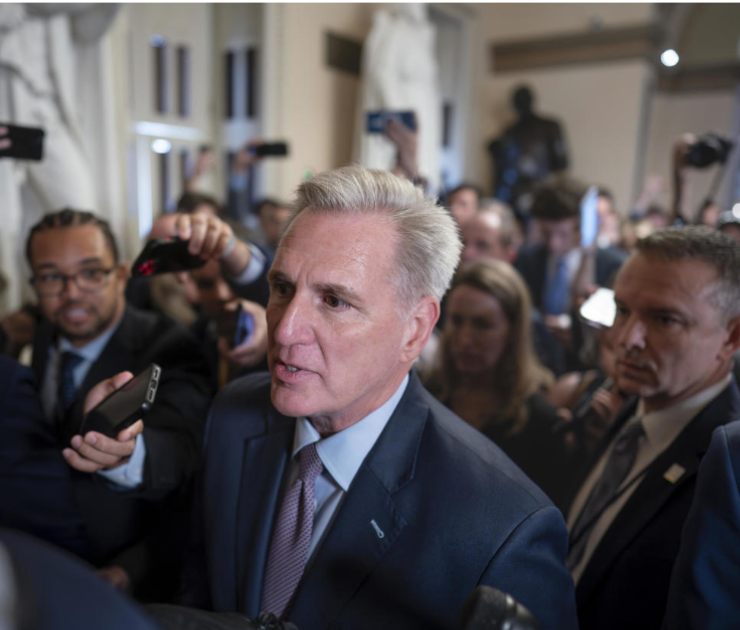Wildlife Risks Posed by COVID-19
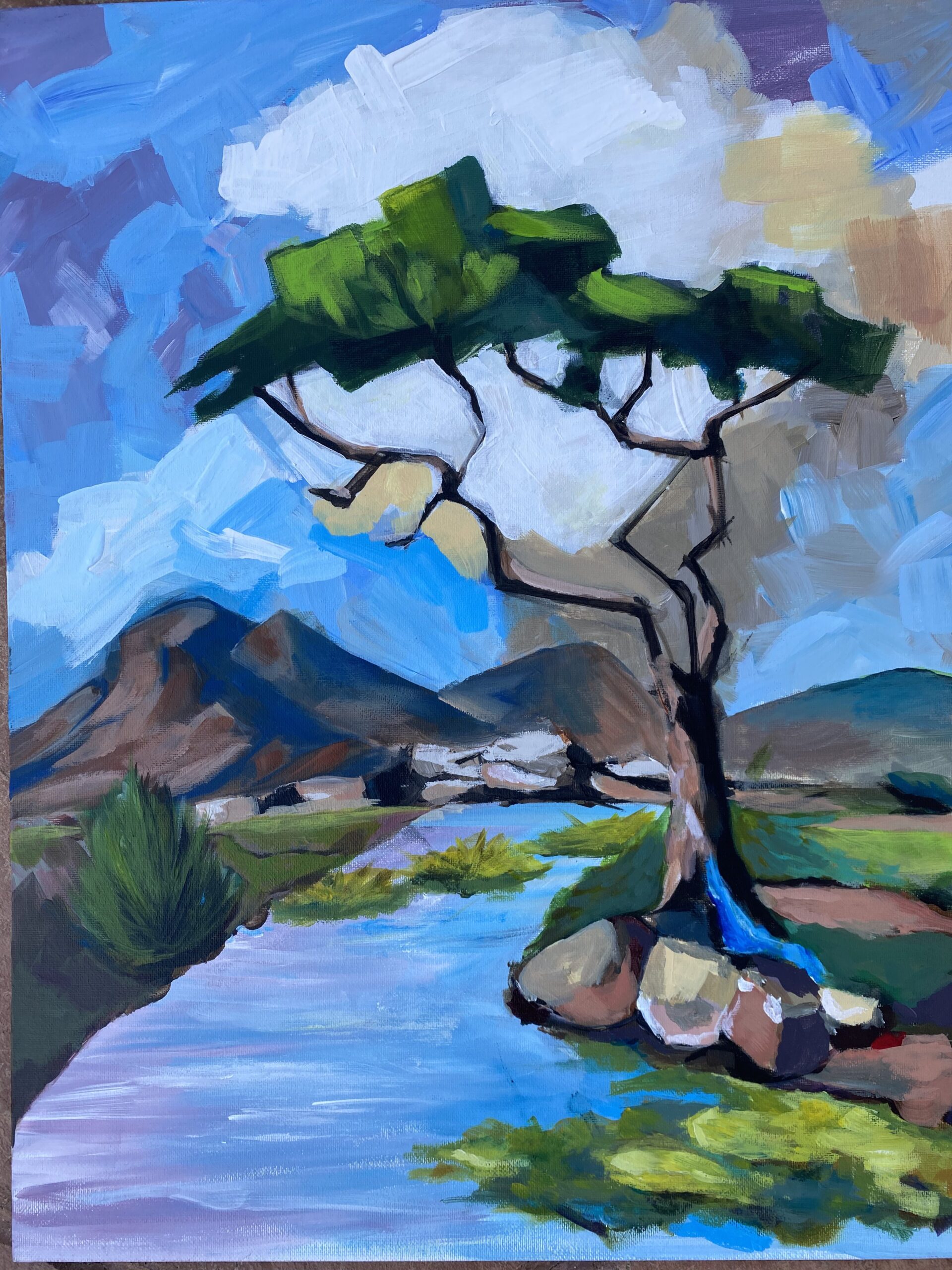
From shop owners to restaurateurs to entertainers, the COVID-19 pandemic has affected millions of people around the globe. However, this pandemic doesn’t affect human beings alone. COVID-19 has impacted the environment and the world’s wildlife as well.
For some animal species, the pandemic may actually be a positive influence. Research suggests that wild animals in many towns have been venturing out into the open more than usual. “Restaurants are closed, and dumpsters usually filled with trash lie empty,” explains Science News Magazine, “that might be forcing rats out into the open to search for food.” Indeed, closed eateries, scarcity of humans dropping food, and fewer people eating outside are just three reasons why animals such as rats or crows are taking to the neighborhoods for food.
Science News also suggests that some species are thriving due to a lack of interaction with humans. Many neighborhood animals live in fear of human beings. Without people to disturb them, animals feel more comfortable showing themselves out in the open.
Though the pandemic does have some positive effects on wildlife, conservationists suggest that it affects many species negatively as well. Wild animals are frequently vessels for disease. The Global Conservation Force says that “trade in wildlife, regardless of legal status, allows for rapid interspecies disease transmission due to the close quarters of animal transport, as well as the poor sanitation methods in housing and slaughter.” In other words, animal transport can cause diseases to spread between animals of the same species, especially during a pandemic.
Surprisingly, COVID-19 can compromise non-human animals too. The Center for Disease Control and Prevention recently announced that “several lions and tigers at a New York zoo tested positive for SARS-CoV-2 after showing signs of respiratory illness. Public health officials believe these large cats became sick after being exposed to a zoo employee who was infected with SARS-CoV-2.” COVID-19 can spread from human to animal, which is why many zoos and wildlife parks have been temporarily shut down. The CDC also states that small pets can be affected by this virus, which is why pet owners have taken precautions when interacting with their animals.
According to the World Wildlife Fund, this is a pivotal moment to build a safer future for people and the planet. The global pandemic is affecting both people and animals around the world. In some cases, the lockdown has helped animals venture back into areas where humans have trespassed. However, for many other species, the pandemic has proved deadly in more ways than one.
Surya was the former Student Life Editor for The Talon. Some of the things he's passionate about include writing, protecting the environment, and even cooking as a hobby.
Iris is a former graphics-designer for The Talon. She has always enjoyed creating art to enhance writing. She has always held a deep interest in art and she hopes to display that passion through The Talon.

